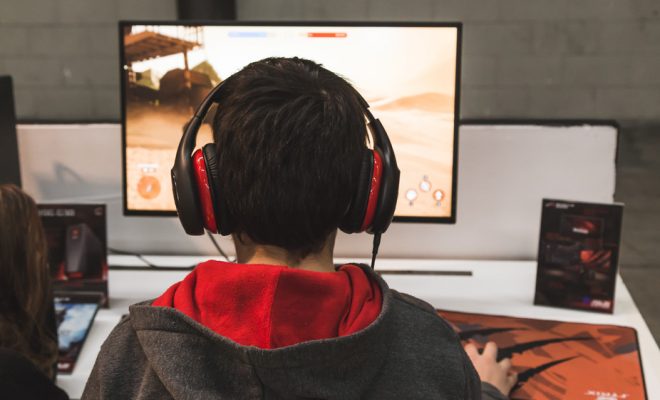Can Schools Search Students’ Personal Devices?

The average American checks their smartphone as many as fifty times a day. That’s not much, because the average student may be checking their phone 74 times a day, making personal devices the biggest distraction in class.
Most students today wouldn’t think of leaving their personal devices at home. They bring their tablets and smartphones to school, and using them in class can cause problems for everyone.
When personal devices become a problem
Frustrated teachers know to remove distractions that prevent students from learning, so they naturally collect the smartphones and tablets. School officials have every right to do so because they must ensure that no one disrupts the learning process. Doing so is not much different than collecting the handwritten notes students pass between themselves.
Teachers have the right to ask students to put away electronic distractions in class, and they may even choose to collect the personal distractions to minimize the interruptions technology can cause.
The problems begin when a teacher looks inside the device to see what was so interesting in the first place. Teachers who cannot resist the temptation to look at the contents of these student devices may be violating the Fourth Amendment that protects people from unlawful searches and seizures.
But that’s not always the case.
Reasonable suspicion
If the school thought it could prove misconduct by searching a smartphone, the U.S. Supreme court may allow the search as long as there is reasonable suspicion and the search is not intrusive, meaning that the searcher did not review everything in the phone.
Many judges, however, have sided with students and their parents when it comes to searching personal devices. The reasoning is that these devices store a huge amount of personal data, often belonging to more people than the student alone. Unlike a backpack, a cell phone contains a considerable amount of sensitive information.
The Riley v. California case in 2014 rendered searching and seizing cell phone contents without a warrant to be unconstitutional.
What if someone wants to search a student’s phone or other personal device?
A school may look at the contents in a student’s phone in the event of an emergency or a law enforcement officer may do so if a judge has issued a search warrant. If there is no probable cause for a search, the child can refuse to allow the search or request their parents to be present. Even then, the school cannot legally review everything in the device.
Personal devices contain personal information that is protected by the Fourth Amendment. Remember, though, that there’s no constitutional amendment that gives students the right to create interruptions in class or make the environment unsafe.
Schools can limit when students can use their personal devices, but can’t look at the information inside them.






